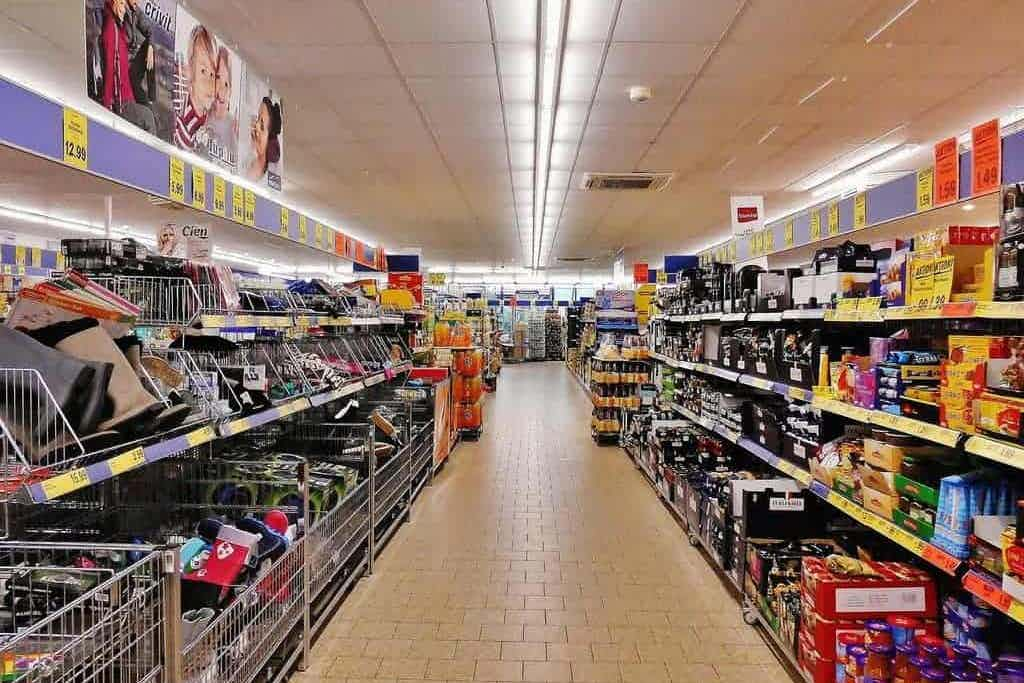Artificial intelligence allows supermarkets to gain insights on what their customers are buying.
As such, the everyday shopping list might be becoming a thing of the past. Programmes like loyalty schemes, online shopping and promotional deals act as the perfect platforms for data collection, giving supermarkets information on your shopping habits.
Retail consultants are calling these methods "the holy grail... to build up a profile of customers and suggest a product before they realise it is what they wanted".
Retailers are using software systems that can automatically chase our specific shopping preferences. They know what brands we prefer to when we do our weekly top-up shops, and how often we purchase items to how many of a particular item we buy.
The software then uses this data to target our needs and almost tells us what to buy when.
Ubamarket
A shopping app called Ubamarket is one such software. Its founder, Will Broome, says "our AI system tracks people's behaviour patterns rather than their purchases, and the more you shop the more the AI knows about what kinds of products you like."
The app allows people to pay for their goods via their phones, make shopping lists and even lets customers scan certain products for allergens and other ingredients.
Mr Broome describes the features of the app as being “designed not only to do the obvious stuff, but it learns as it goes along and becomes anticipatory. It can start to build a picture of how likely you are to try a different brand, or to buy chocolate on a Saturday."
Your AI offers
Cheaper offers, specifically for you, are direct results of this sort of data tracking. This may be why you’ll rush to the shops on a Friday night for some of your favourite drinks and snacks.
SO1 is a start-up company in Berlin. According to their statistics, people are nine times more likely to purchase goods suggested by AI software, than they are to buy things suggested through traditional promotion methods such as discounts and physical vouchers. Consumers prefer getting offers on items they want rather than purchasing items that are on special offer for whatever reason.
Accurate profiling
The head of the UK's Open Data Institute, Jeni Tennison, is conscious that retailers collect a lot of information about their customers. As a campaigner against the misuse of data, this is a great topic of interest.
According to Tennison, "people are happy to be recommended products, but start to feel more uncomfortable when they are being nudged, or manipulated, into particular buys based on a caricature of who they are rather than the full complexity of their personality."
"We need to ask how equitable and ethical the data collection is. So, for example, are middle-class white women being offered money off fresh vegetables, but it is not being offered to someone who could really benefit from it?"
"What we really need to understand is what impact data collection and profiling has on different sectors of society. Is it profiling people based on race, social economic status, sexuality?"
AI in retail
More than three-quarters of shops around the world already have AI systems in place or have plans to implement them by the end of the year. According to Sandeep Unni, the analyst for a market research group known as Gartner, COVID-19 has significantly changed how people shop, as it has led to consumers changing their shopping habits. For example, they focused on essential items instead of those less essential.
Ai can also help retailers to keep track of stock. However, humans are still needed to “teach” these programmes about events such as holidays and other occasions where the shop needs to provide more of a particular item.









